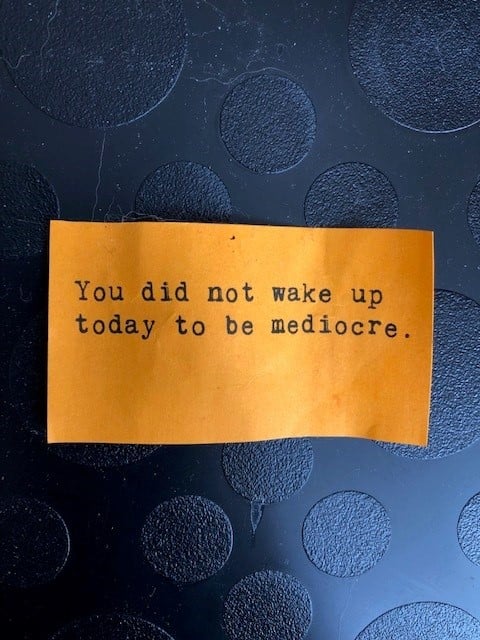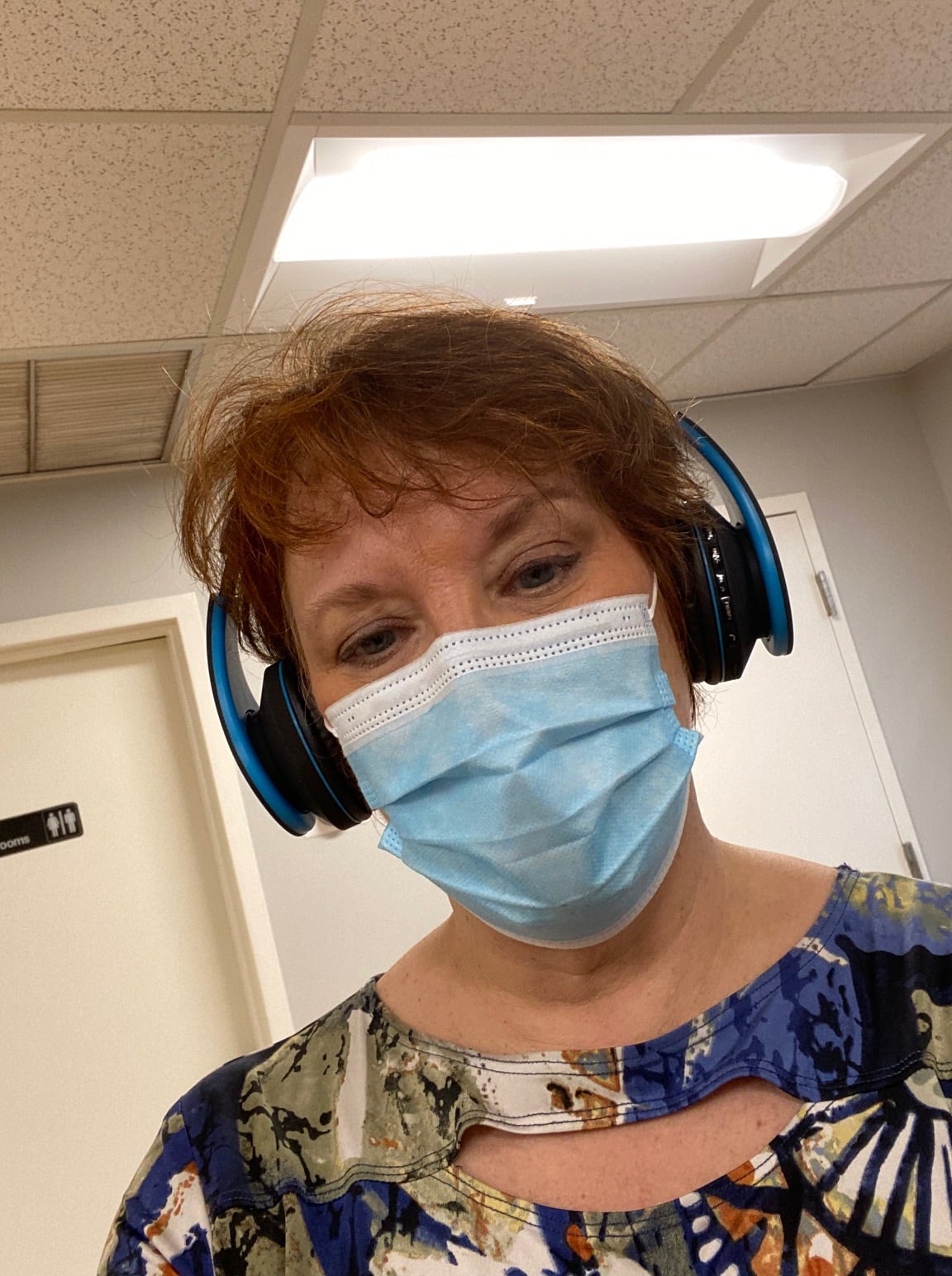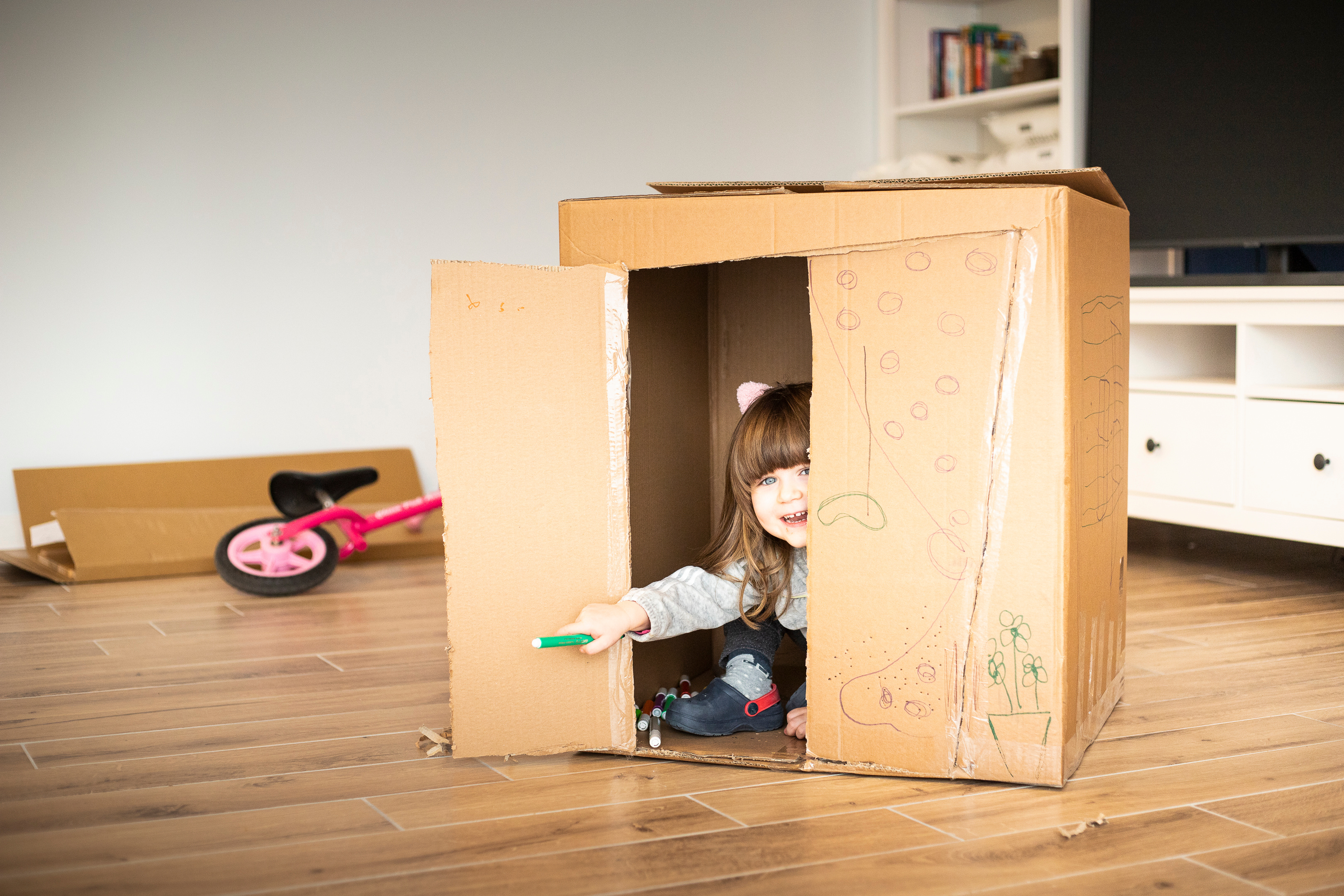You Didn't Wake Up to be Mediocre
AGE-u-cate's CEO Pam Brandon sent each team member a jar containing one inspirational quote per week for 52 weeks. Every Monday, we unroll our scroll and read the message to the team. You may have seen Laura Ellen Christian on LinkedIn every Monday sharing a video reflection on her inspirational quote.







